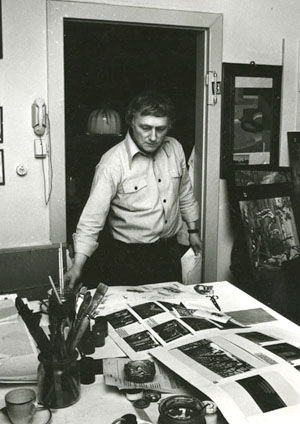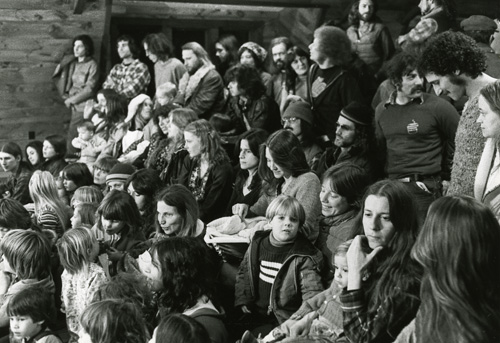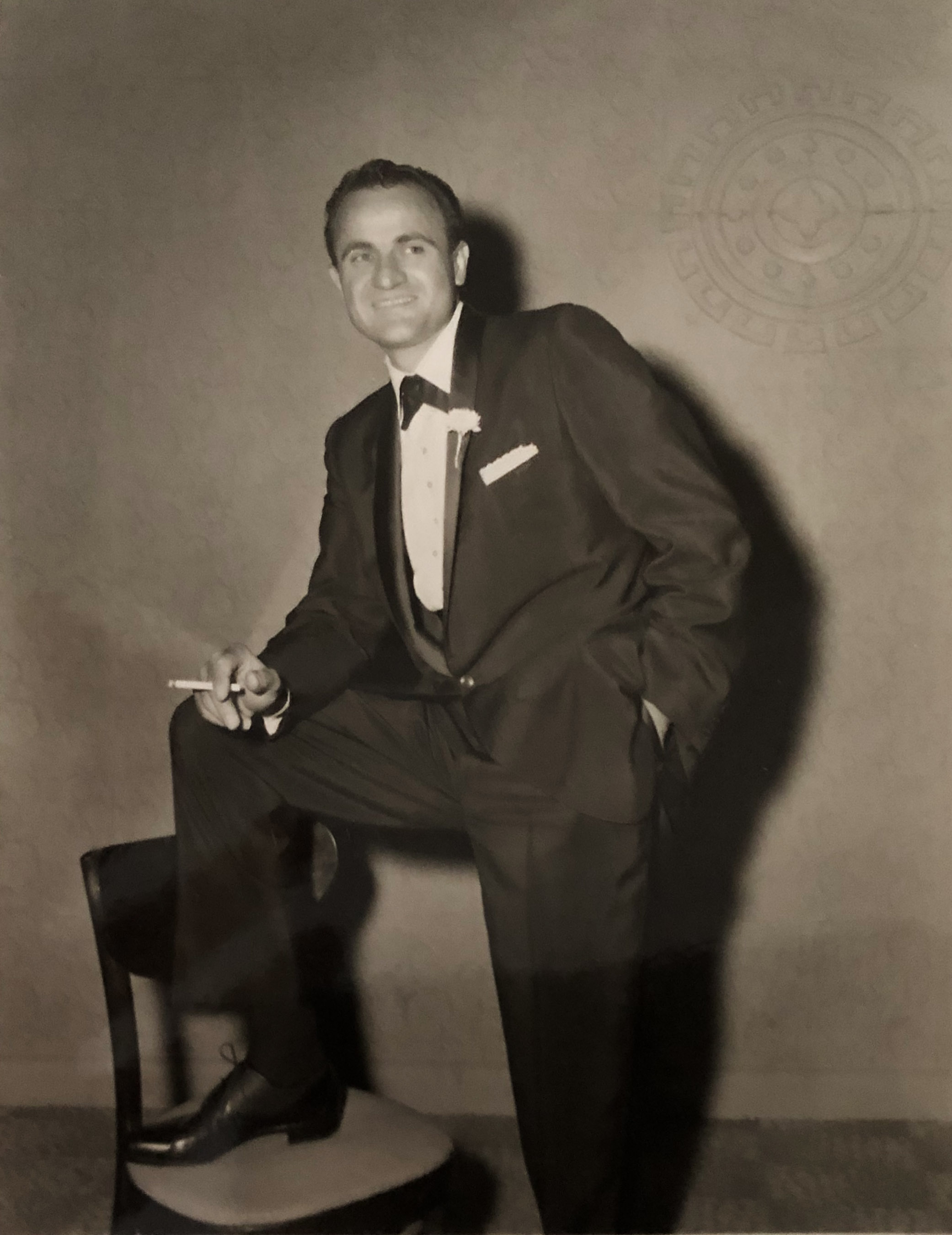Steve Alves Collection
Steve Alves is a western Massachusetts-based documentary filmmaker who, through his company Hometown Productions, later Home Planet Pictures, has written, produced, and directed several documentaries that examine New England’s natural and cultural history. Alves’ films, Beneath the River (1999), A Sweet Tradition (1999), Together in Time (2001), Everyone’s Business (1997), Life After High School (1990) and Talking to the Wall (2003) look at inter-generational ties and the role of community in American life and the tensions between tradition and modern capitalism at the dawn of the 21st century. His films examine a range of topics including local business, sprawl development, work, the Connecticut river, contra dance, and maple syrup and incorporate an array of storytelling techniques including animation, film clips, and dramatic vignettes. His 2014 film, Food for Change focuses on food co-ops as a force for dynamic social and economic change in American culture. His films have won numerous awards and honors from a host of entities including the Chicago International Film Festival, International Family Film Festival, the United Nations, and more.
Alves began his career as a filmmaker in the early 1970s as a student at the University of Southern California Film School where he made several documentary and experimental student films on 8 and 16mm in and around Los Angeles. Following graduation, he worked in Hollywood and New York City as a film editor on such films as Dancing’s All of You (1980), Sacred Hearts (1981), Ski New Hampshire (1981), The Garden of Eden (1984 Academy Award® nominee), Niagara Falls (1984), and The Adirondacks (1987). He moved to western Massachusetts in 1988 and formed his own film company, Home Planet Pictures. He has also produced several educational films and award-winning television commercials.
Alves’ collection documents the 50 year career of a working independent filmmaker. It includes all of the elements for most of his films which include outtakes, b-roll, and full interviews for all of his documentary films; from his earliest film Life After High School to Food for Change, his most recent. The collection covers a wide range of film and video formats including ¾” U-Matic, Betacam SP, S-VHS, Mini-DV, DVD, Super 8mm and 16mm. Also included are screenplays, correspondence, transcripts, interview releases, funding proposals, financial records, production documents, posters, and photographs related to the filming, production, release, and screening of all of his films. An inventory of the collection is available upon request.






